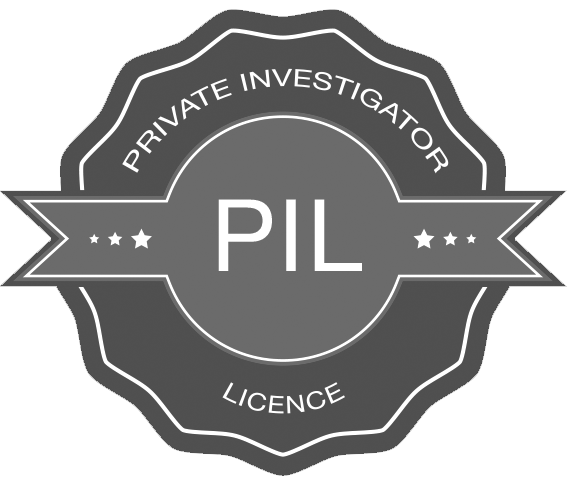Corporate Investigation

Interview & Interrogation
Private investigations often involve interviewing and interrogating individuals to gather information and evidence related to a case. Whether you’re conducting a background check, a corporate investigation, or a domestic inquiry, the principles of effective interview and interrogation techniques remain relatively consistent. Remember that the specific approach you take during an interview or interrogation may vary depending on the nature of the investigation and the role of the individual you’re speaking with (witness, suspect, etc.). It’s also important to know and comply with the relevant laws and regulations governing your jurisdiction when conducting private investigations.
Fraud Investigation
Fraud investigations in the realm of private investigations involve uncovering deceptive or dishonest activities to prevent financial loss, secure evidence, and possibly support legal action.
Here are the steps and guidelines for conducting a fraud investigation: Assessment and Planning, Gather Initial Information, Secure Evidence, Interview Witnesses and Involved Parties, Analyze Financial Records, Digital Forensics, Background Checks, Undercover Operations, Surveillance, Documentation, Legal Compliance, Reporting, Legal Action, Recovery and Prevention, Documentation and Testimony.
Corporate Security
Private corporate security is a multifaceted field that focuses on safeguarding a business organization, its employees, assets, and operations from various threats and risks. Private corporate security is an ongoing and evolving process that must adapt to changing threats and technology. Collaborate with experts in the field and stay updated on the latest security trends to ensure the safety and resilience of the organization.
Here are some key aspects of private corporate security: Risk Assessment, Security Policy and Procedures, Physical Security, Cybersecurity, Security Personnel, Incident Response Plan, Security Awareness Training, Surveillance and Monitoring, Background Checks, Security Investigations, Crisis Management, Regulatory Compliance, Vendor and Supply Chain Security, Executive Protection, Security Audits and Assessments.
Corporate Surveillance
Corporate surveillance is a common component of private investigations that involves monitoring and collecting information on individuals or activities within a business organization. Corporate surveillance is typically conducted for various reasons, such as internal investigations, due diligence, fraud prevention, security assessment, or protection of intellectual property.
Here are the key aspects of conducting corporate surveillance. Objective Setting, Legal Compliance, Surveillance Team, Planning and Strategy, Documentation, Equipment and Technology, Covert vs. Overt Surveillance, Adhering to Ethical Guidelines, Physical Surveillance, Electronic Surveillance, Background Research, Data Analysis, Reporting, Communication with the Client, Legal Considerations, Protection of Confidentiality.
Employee Background Check
Conducting employee background checks is a common practice for businesses to ensure the safety, reliability, and suitability of potential hires. These checks help organizations make informed hiring decisions while protecting their employees and customers.
Here’s a guide to performing employee background checks in private investigations: Legal Compliance, Identify Screening Needs, Consent and Authorization, Criminal Background Check, Education and Employment Verification, Reference Checks, Credit History Check, Driving Record Check, Sex Offender Registry Check, Social Media and Online Presence, Drug Testing, Adjudication, Confidentiality and Data Security, Communication with Applicants, Ongoing Monitoring, Documentation, Consult Legal Counsel.


